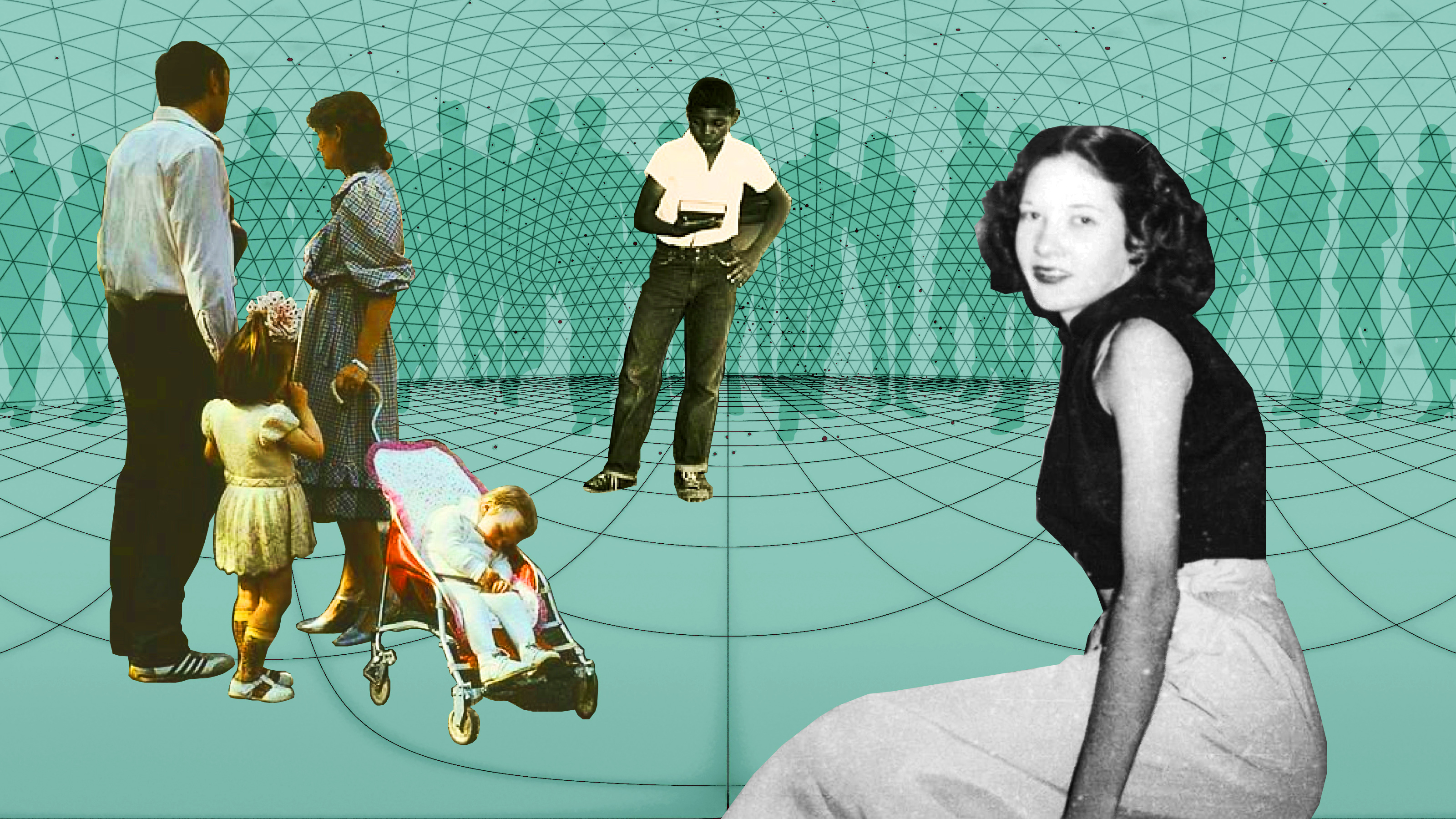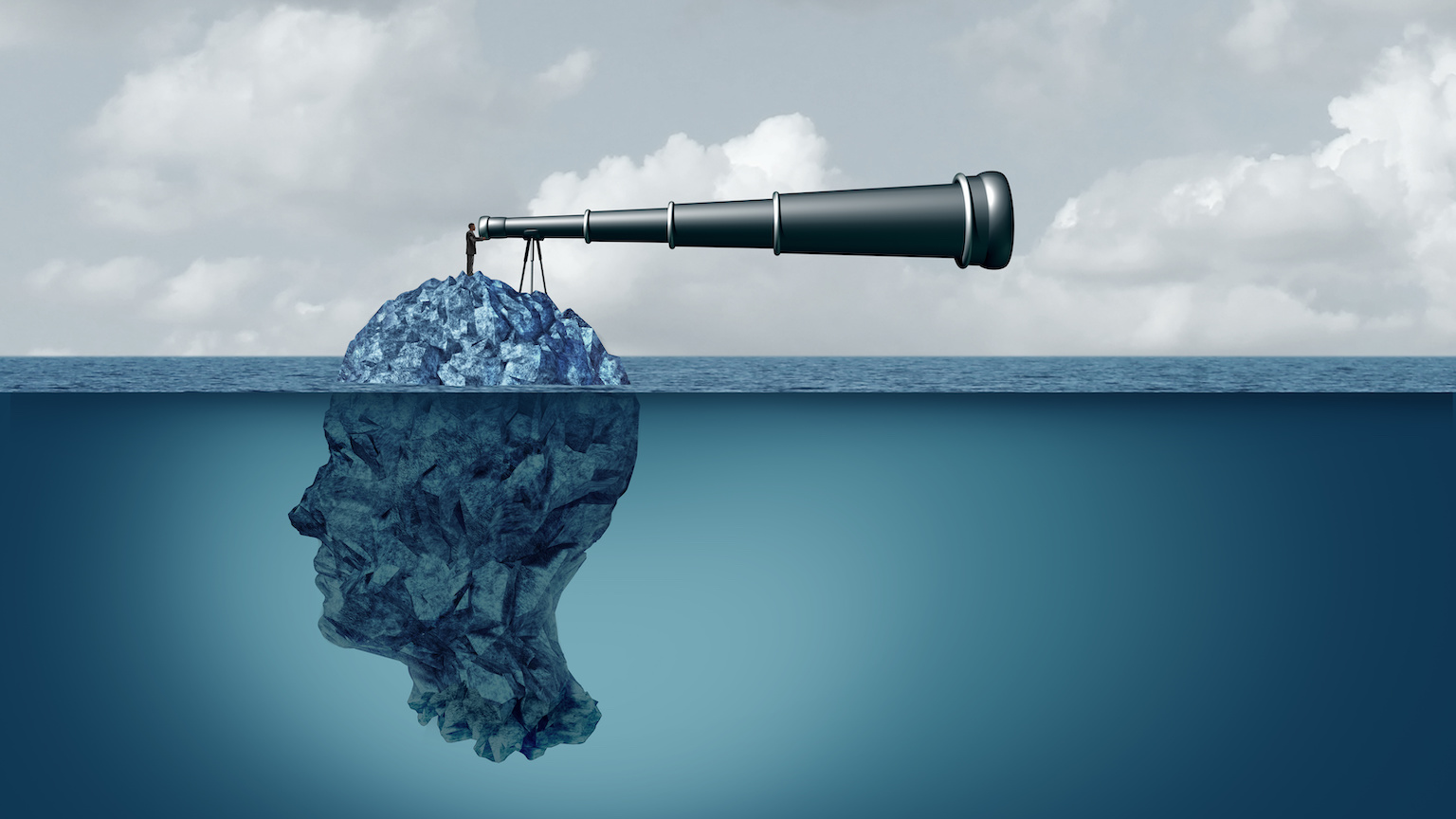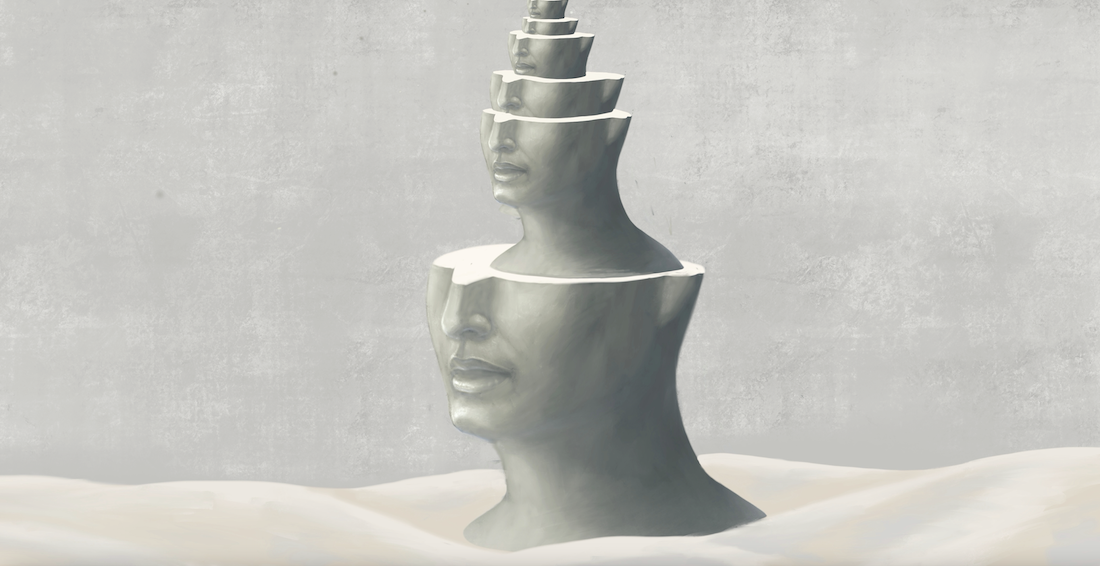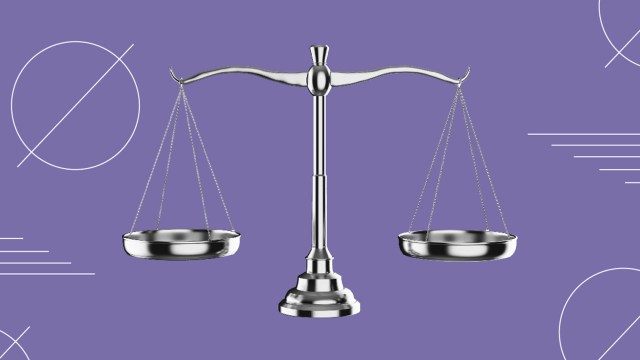The simulation hypothesis is a dangerous illusion
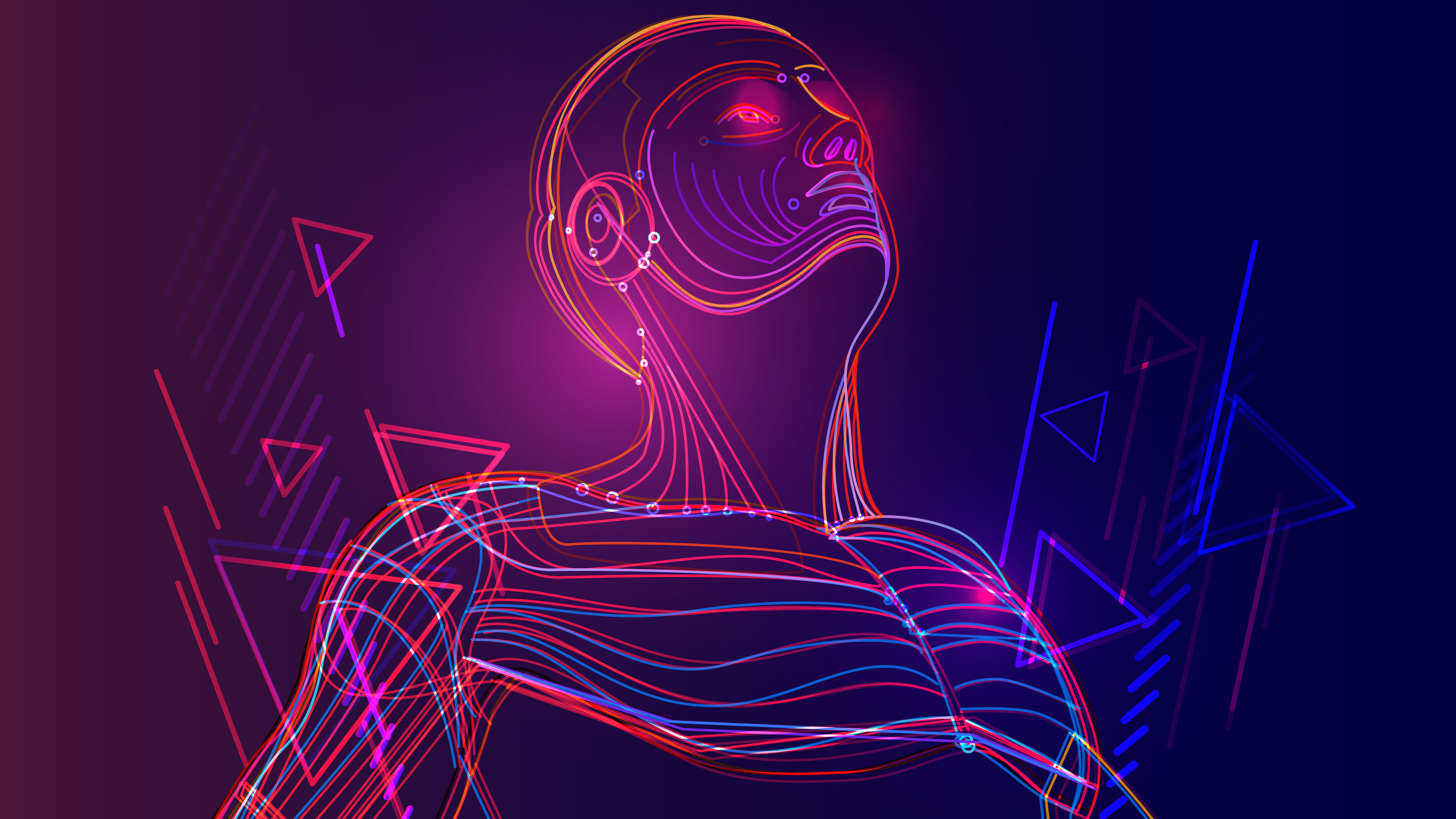
- The simulation hypothesis states that we are living in a simulation created by a technologically advanced species.
- If we are living in a simulation, so are our simulators. Only the First Simulator — namely, “God” — has any agency.
- The real problem we face is the reality we live in, which is reaching disastrous levels of self-destruction. It is our duty to address that reality — not escape from it.
The matrix of our reality is glitching. At least it seems to be, given the absurdity of current events. It sometimes seems as if some joker from the future, or perhaps an alien kid, is fooling with the fabric of society to see where it will all break down. From politics to pandemics to war, it feels like nothing is going right.
Calvinism with a modern twist
So, yes, if we do live in a simulation, our puppet masters are truly evil creatures. What kind of rank social experiment is this? Perhaps we do not live in such a simulation, however. Maybe humanity just needs to overhaul its moral standards before it self-combusts in a puff of rage.
To most people trying to make a living, pay bills, or fight an illness, it sounds ridiculous to spend time considering that our reality is not “real” but is instead a highly sophisticated simulation. Someone close to me recently told me on this topic, “I wish smart people would focus on real-world problems and not on this nonsense.” I sympathize with this view, even though I use simulations in my own scientific research. To blame the current mess on powers beyond us sounds like a major cop-out. It is not too different from the age-old aphorism, “it’s God’s will.” It is not our fault, it is not our responsibility; “they” are doing this to us.
Of course, philosophers consider such ideas because they are interesting. They raise questions about the nature of reality and our perception of it. The question of whether we are living in a simulation comes from a 2003 paper by Oxford philosopher Nick Bostrom, who reasoned, compellingly, that given our own proficiency with computers and virtual reality, one of the following propositions must be true:
- The human species is very likely to go extinct before reaching a “posthuman” stage.
- Any posthuman civilization is extremely unlikely to run a significant number of simulations of their evolutionary history (or variations thereof).
- We are almost certainly living in a computer simulation.
In other words, either we disappear, or our successors do not run simulations, or they do run simulations and we are living in one. Bostrom’s point is that if our species moves on to a new, posthuman phase, our “new us” will have unimaginable computational powers — running realistic simulations will be a given for them. If this is the case, we are like characters in a super-advanced Sims game, believing we have autonomy when, in fact, we are puppets in the hands of the players.
This sounds very much like a Calvinist view of the Universe, with God’s role played by hyper-intelligent gamers. Or maybe we can call them Super Advanced Gaming Entities (SAGEs)? Our fates, then, rest in the hands of posthuman entities with powers beyond our control. The key difference between God and a simulation (at least in this narrow context) is that God is presumably infallible, while simulations can have glitches. Well, the argument that we live in a simulation has some glitches of its own.
Only the First Simulator is free
One such glitch is that there is no reason to stop the simulation at one super-advanced posthuman (or alien) species. It could very well be that our simulators are being simulated by even more advanced simulators, and those by even more advanced ones, ad infinitum. Who is the First Simulator?
This reminds me of the “turtles all the way down” concept of Anavastha in Indian philosophy, where the world rests on an elephant that rests on a turtle that rests on a turtle, and so on. In the West, we might refer to this as infinite regression, or the problem of the First Cause. This offers at least some sort of comfort, given that the First Simulator must enslave all of our simulators. Only the First Simulator is truly free. Sound familiar?
For Bostrom’s argument to work, a key assumption is that advanced intelligences will have an interest in simulating their ancestors — in this case, us. Why would they, exactly? Would they expect to gain some new information about their reality by looking at their evolutionary past? It seems to me that being so advanced, they would have collected enough knowledge about their past to leave them with little interest in this kind of simulation. Looking forward will interest them much more. They may have virtual reality museums, where they could go and experience the lives and tribulations of their ancestors. But a full-fledged, resource-consuming simulation of an entire Universe? This sounds like a colossal waste of time and energy.
A dangerous illusion
The simulation argument messes with our self-esteem. It concludes that we have no free will, that we are just puppets fooled into thinking we are free to make choices. To believe this is to give up our sense of autonomy. After all, if it’s all a big game that we cannot control, why bother? “Let the world go to hell, as it is now. We can’t change it anyway.”
This is the danger with this kind of philosophical argument — it threatens to actually turn us into what it is claiming we are, so that we abdicate our right to fight for what we believe in and to change what must be changed. Let us make sure that we do not confuse philosophical arguments with our very real socio-political reality, especially not now. We need all the autonomy we can muster to protect our freedom of choice and to grow morally so we can salvage our project of civilization. Killing our own is the lowest kind of savagery we can sink to. Our reality is not a simulation. It simply reflects our failure to evolve morally as a species.
